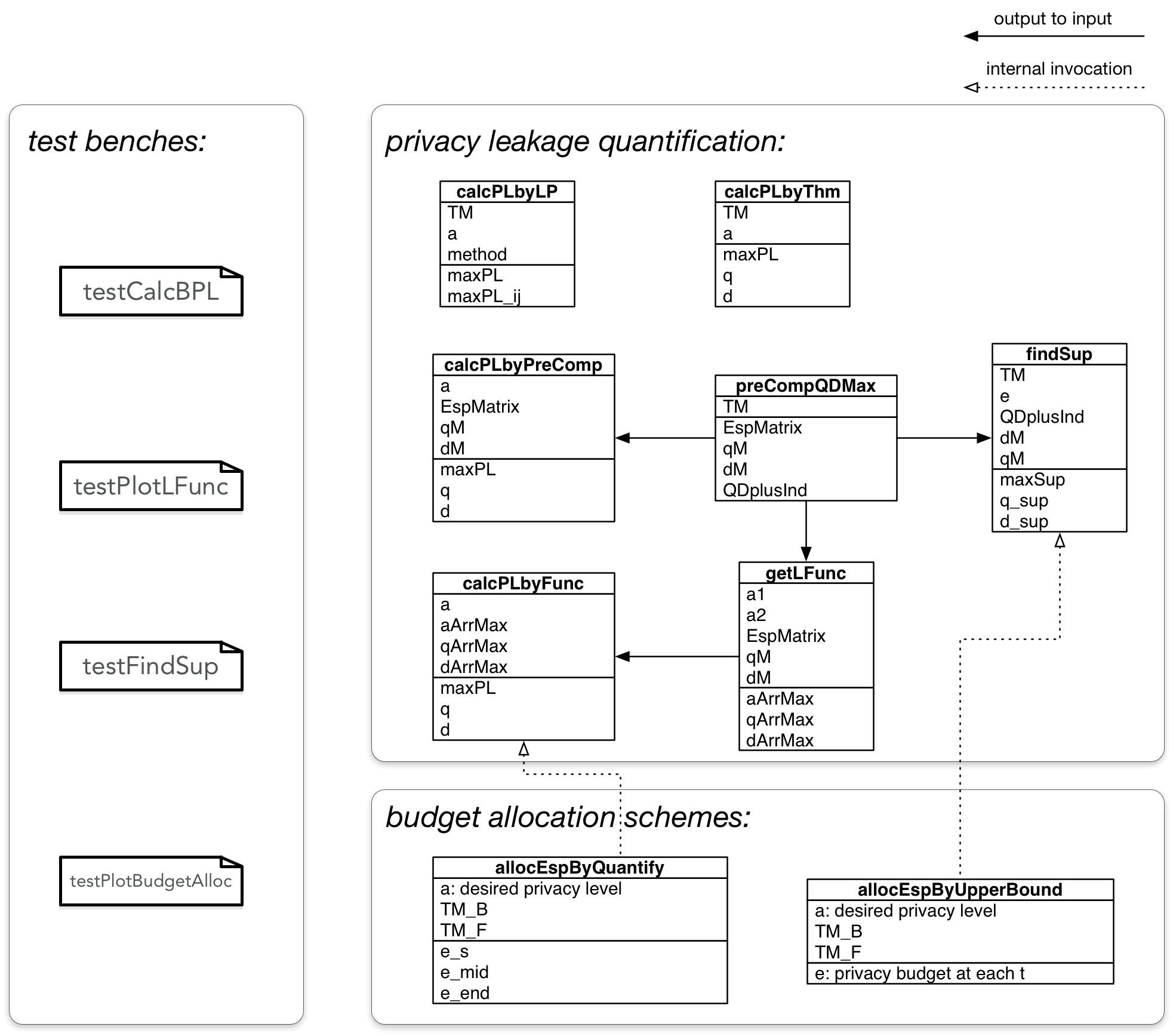Quantifying Differential Privacy in Continuous Data Release under Temporal Correlations
Differential Privacy (DP) has received increasing attention as a rigorous privacy framework. Many existing studies employ traditional DP mechanisms (e.g., the Laplace mechanism) as primitives to continuously release private data for protecting privacy at each time point (i.e., event-level privacy), which assume that the data at different time points are independent, or that adversaries do not have knowledge of correlation between data. However, continuously generated data tend to be temporally correlated, and such correlations can be acquired by adversaries. In this paper, we investigate the potential privacy loss of a traditional DP mechanism under temporal correlations. First, we analyze the privacy leakage of a DP mechanism under temporal correlation that can be modeled using Markov Chain. Our analysis reveals that, the event-level privacy loss of a DP mechanism may \textit{increase over time}. We call the unexpected privacy loss \textit{temporal privacy leakage} (TPL). Although TPL may increase over time, we find that its supremum may exist in some cases. Second, we design efficient algorithms for calculating TPL. Third, we propose data releasing mechanisms that convert any existing DP mechanism into one against TPL. Experiments confirm that our approach is efficient and effective.
PDF Abstract